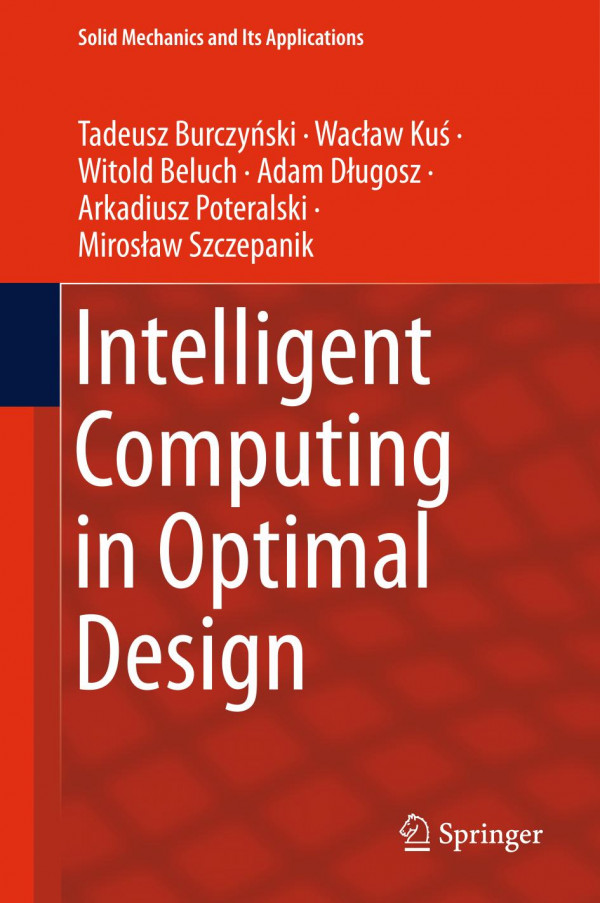

Most ebook files are in PDF format, so you can easily read them using various software such as Foxit Reader or directly on the Google Chrome browser.
Some ebook files are released by publishers in other formats such as .awz, .mobi, .epub, .fb2, etc. You may need to install specific software to read these formats on mobile/PC, such as Calibre.
Please read the tutorial at this link: https://ebookbell.com/faq
We offer FREE conversion to the popular formats you request; however, this may take some time. Therefore, right after payment, please email us, and we will try to provide the service as quickly as possible.
For some exceptional file formats or broken links (if any), please refrain from opening any disputes. Instead, email us first, and we will try to assist within a maximum of 6 hours.
EbookBell Team

0.0
0 reviewsThe book is devoted to intelligent design of structures as a novel kind of designing based on computational intelligence. The proposed methodology based on computational intelligence has some heuristic and learning attributes typical for natural intelligence. Computer models of the structures are built on the base of the finite element method (FEM), the boundary element method (BEM) or coupling of FEM and BEM. The short description of possible discrete models of structures using these methods is included in the Chapter 2. Various kinds of intelligent approaches using sequential, parallel, distributed, fuzzy and hybrid evolutionary, immune and particle swarm algorithms and neural computing are presented in Chapter 3. Different kinds of optimization such as shape, topology, size and material optimization for structures under static and dynamical mechanical and thermo-mechanical loadings, structures with cracks and composite structures are considered in Chapter 4. Multi-objective optimization for coupled problems is also taken into account. Several numerical examples illustrating these kinds of optimization are presented for 2-D (plane-stress or plane-strain, plates, shells) as well as 3-D structures. Chapter 5 is devoted to special problems related to solving inverse problems in which boundary conditions, defects such as voids or cracks and material characteristics, are unknown. Closing comments summarizing the book are presented in Chapter 6.